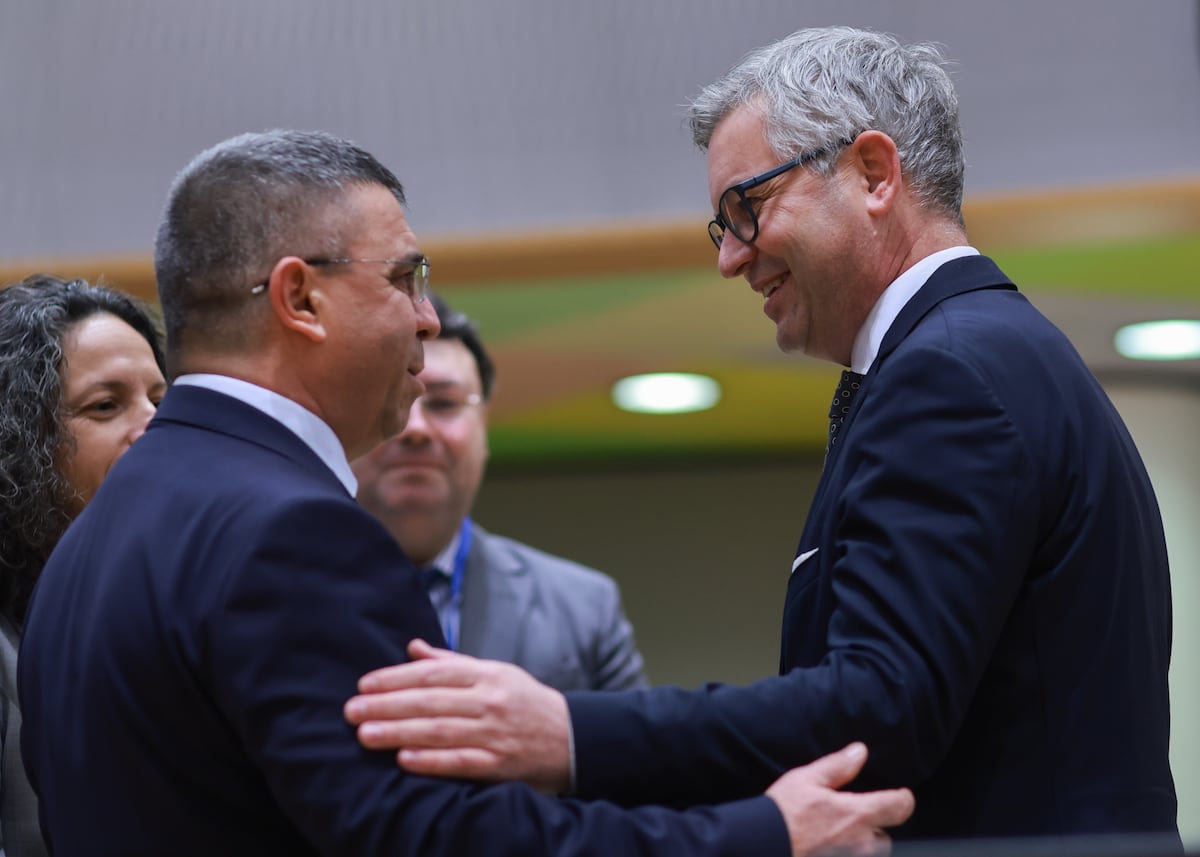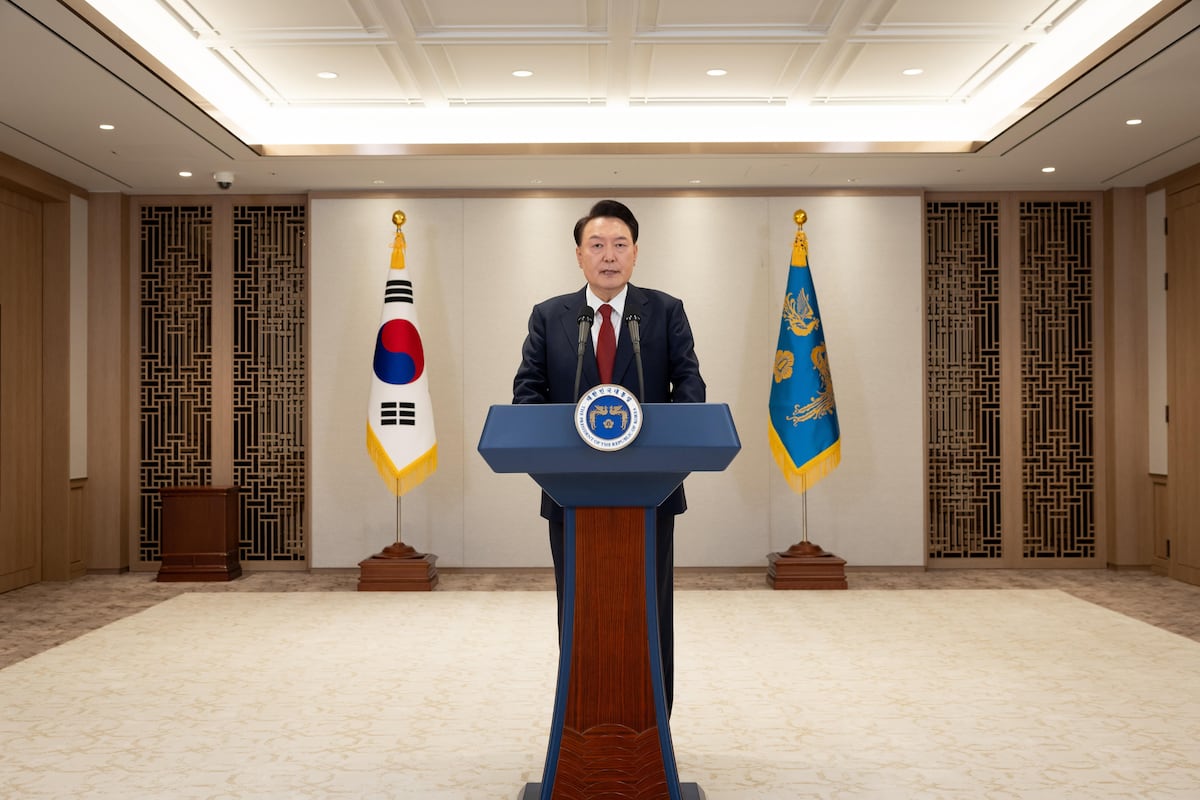“Fully in Schengen, where you belong.” The President of the European Commission, Ursula von der Leyen, celebrated the approval this Thursday from the EU Interior Ministers for the full entry of Bulgaria and Romania, both members of the community club, into the European free movement area from the next January 1st. The agreement was made possible after Austria last month lifted its veto on the lifting of land borders that were still in force.
“It is a great victory for Bulgaria and Romania and for all of Europe!” This is how the current Hungarian presidency of the EU, which concludes this month, has celebrated the final agreement, signed by the bloc’s Interior Ministers this Friday in Brussels.
With this final step, the Schengen entry process of the two countries that began more than a decade ago concludes. Just one year ago, the Twenty-Seven already gave their approval to the “full incorporation” of these two States to the area of 4.3 million square kilometers and more than 400 million people without controls or passports. But given Austria’s misgivings – based, according to Austrian arguments, on the deficiencies of Sofia and Bucharest in terms of controlling irregular immigration – a “gradual” entry was decided, with a first lifting of controls at air borders and maritime events that took place last March. There remained the land borders, an obstacle that was finally overcome during a meeting in Budapest last month and that has now been made official in Brussels.
“Today is a day of joy for all Bulgarians, Romanians and our entire Union,” Von der Leyen said in a statement and on social media. “Together, we will reap the benefits of a stronger and more connected Union,” he added.
The new Commissioner for the Interior and Migration, Magnus Brunner, has also welcomed the decision. “The Schengen zone is one of the most tangible achievements of the European Union and the largest area of freedom of movement without border controls in the world. “I am very pleased with today’s decision, which makes Europe stronger, safer and more competitive,” declared the Austrian.
“A stronger Schengen means a safer and more united Europe,” agreed the president of the European Parliament, Roberta Metsola. Upon arrival at the meeting of Interior Ministers who have approved the last section of the agreement, the Spanish official, Fernando Grande-Marlaska, also welcomed a decision “that the EU owed to both Romania and Bulgaria” at least “since 2011″, date on which both countries presented their “absolutely acceptable” plans for their integration.
The outgoing president of Romania, Klaus Iohannis, thanked X for the decision and assured that Romanians “long to be part of this space free of borders and freedom of movement.” Without referring to the storm unleashed in his country with the victory – later annulled by the Romanian Constitutional Court – in the first presidential round of Carin Georgescu, a pro-Russian and Eurosceptic candidate, Iohannis has assured that this Thursday’s decision in Brussels is “ a recognition of years of efforts and the progress achieved” and has guaranteed that his country will act in a “fully responsible manner to protect and strengthen the external borders of the EU.”
With the full entry of Romania and Bulgaria, the Schengen area expands to 29 countries: 25 from the EU (all except Ireland and Cyprus) plus Norway, Switzerland, Iceland and Liechtenstein.







